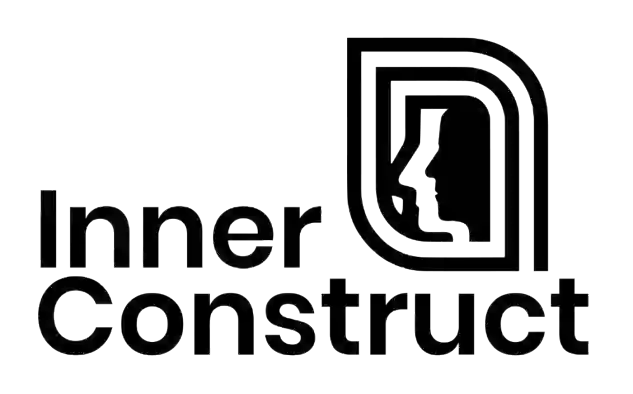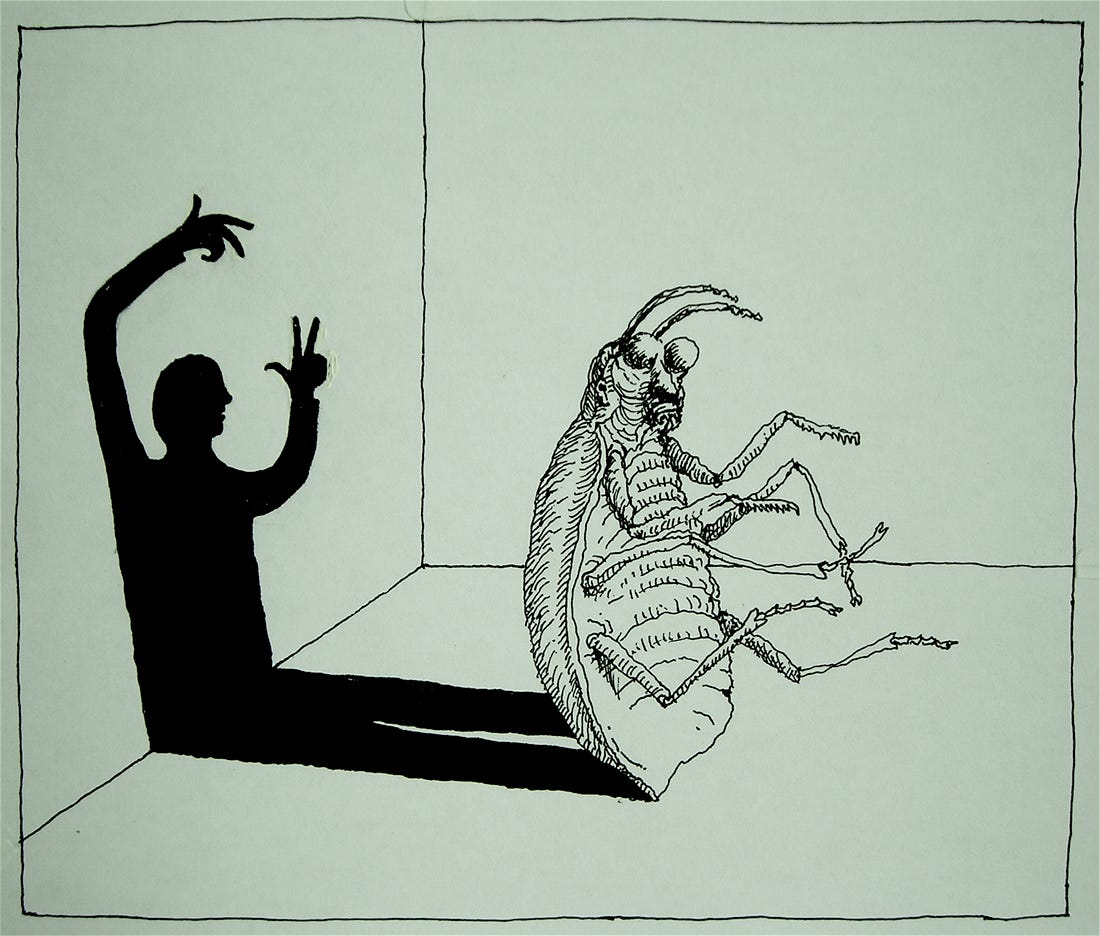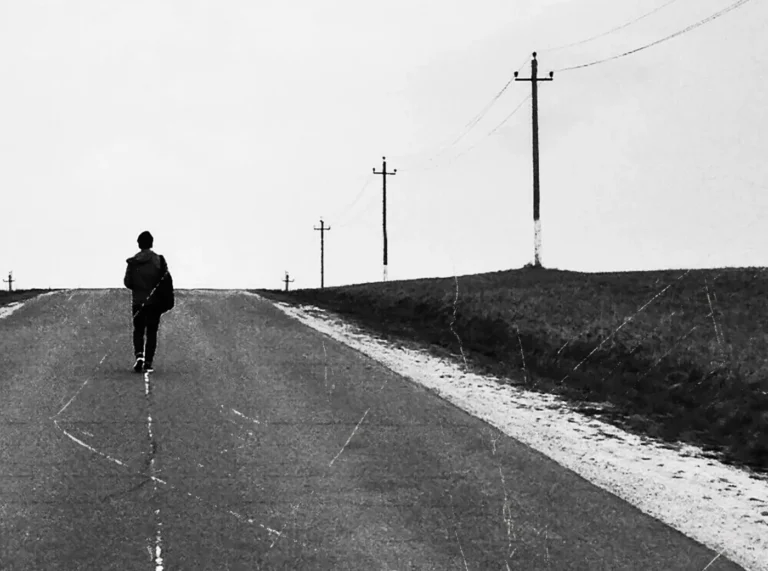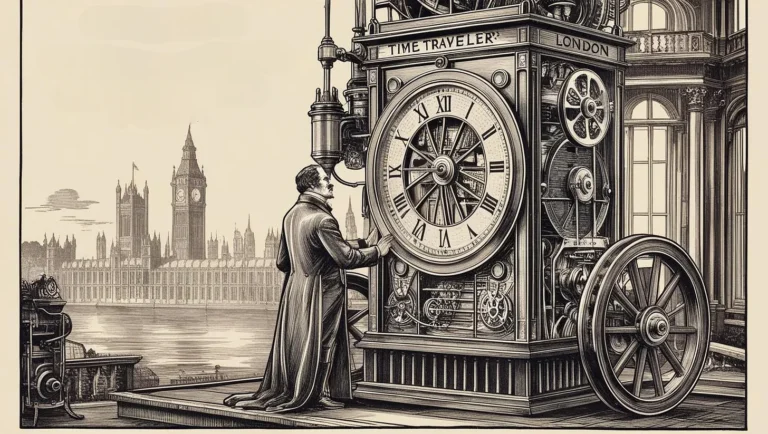Main themes and anyals
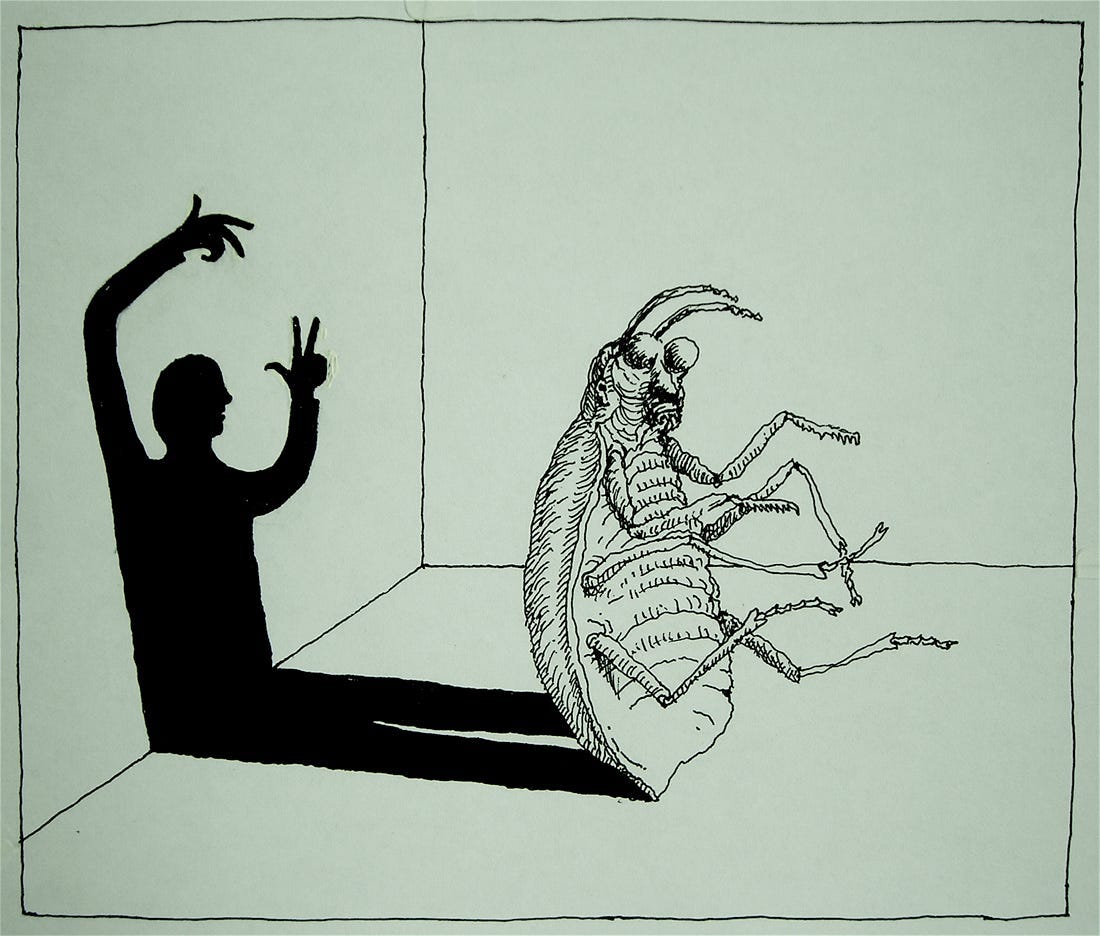
Introduction:
What if everything you built your identity around was suddenly taken away? Kafka’s Metamorphosis explores this chilling reality through Gregor Samsa, a man who wakes up one day to be transformed into an insect.
Much like Gregor’s transformation, life surprises us with unforeseen circumstances, pleasant or less than so. “The Metamorphosis”, astonishingly, never really explains how this transformation happened, but essentially why it happened, in a less than subtle way. You see, Mr. Samsa was an ordinary man, just like the rest of us, focused on his job and motivated to provide for his poor family, with not much going on in his life, he would use whatever free time he had to rest, slouch, chill, whatever you want to call it. Unattractive as that life may seem, it’s the reality for a lot of us, struggling to make ends meet, resting up between shifts of both work and home responsibilities.
So, what’s so special about the book? Not the most attractive introduction so far, but bear with me. Kafka illustrates many topics in this book, either hidden or in plain sight, clear as day or up for us to determine our meanings, with things like societal alienation, loss of identity, and a crisis of purpose. The novella incorporates a tone with distinct characters and their important roles, with logical pauses that allow us to reflect on the scenes that took place. Metamorphosis is a cultivation of a writer’s goal to make us question the why behind what we do and the how in which we do so. Whether that life is valid and accepted by others or not is a consideration, but shouldn’t be the basis behind it. Much like Gregor, we were all conditioned to live in a way that’s harmonious with society’s expectations, and should we drop that preconceived role, society doesn’t become too accepting of our very essence and existence, and much like Gregor’s insect form, we become a burden and an inconvenience, lacking a real place in the world.
In this blog, I’ll go over some themes and analysis, the lessons I’ve learned from the book, and final thoughts that can serve as an opportunity for introspection.
Main Themes and Analysis:
Alienation and Isolation:
The Metamorphosis describes the loss of a preconceived role, with that of turning into an insect, this can be showcased in real life through the loss of a job or perhaps a crippling injury. With Mr. Samsa, his insect form is seen as an inconvenience to his family; they view him, in essence, as a mere source of income. While his sister did show care for him, the general air was that Gregor had become a burden to them and society.
That begs the question, the crippling feelings of isolation Gregor felt, were they instigated by his family or was it through himself? I believe it was both. Gregor initially wanted to reconnect with his family, to continue to provide, by trying to roll over, get dressed, address his boss as to why he was late, and try to catch the next train to get to his job station. Gregor was still playing his role, human or insect form, as a worker and as a provider to his family, helpless as he was to even adapt to his surroundings in his new nature. Gregor couldn’t communicate with his family as a gigantic insect; his voice was either too low or on a different frequency, and so the lack of it was not in anyone’s favor. It can be argued that Gregor didn’t try enough to promote understanding with his family members, but one must recall that his family was less than intrigued by the idea; the sheer presence of him agitated his parents, and this had a compound effect on him by having him feel greatly ashamed of what he has become. While his sister took care of him in the earlier days of his metamorphosis, through feeding and cleaning, he would often crawl under the couch, unable to face her.
Mr. Samsa continued to feel further alienated throughout the book, as he was attacked and ridiculed on multiple occasions, exacerbating the intense feelings of isolation.

The Burden of Responsibility and Self-Sacrifice
We mentioned how Gregor’s 1st thoughts after his transformation were “I’m late for work, but I can still catch the next train”. While not much is mentioned about Gregor’s life before the events in the book, it can be inferred that his life mostly revolved around work, and whatever free time he had, he spent reading the paper in the evening and minimally chatting with his family. He dedicated his life to creating a better life for his family, with his father and mother out of work, either because of old age or medical conditions, there was no other way to pay off the family’s debt and their big apartment. But Gregor goes beyond that by committing himself to one day sending his talented sister to violin school, an admirable conviction, but perhaps not inclusive enough of his dreams and ambitions.
The dilemma with Gregor is that he never questioned his existence beyond providing; he didn’t pursue anything beyond that, nor did he try to communicate his desires, and his family, instead of appreciating his sacrifices, simply took them for granted.
Ayn Rand said it best: self-sacrifice shouldn’t be confused with kindness; it demands a collector. To add to that, the general idea behind altruism may seem ethical or even ideal, but its basis is upon the principle that man has no right to exist for his own sake, that service to others is the only purpose behind his existence. Gregor, in simple terms, was a slave, his family the masters, his life was deemed to be without any individual rights, with the sole goal of giving, till he couldn’t anymore.

The Mind-Body Conflict
After being transformed into a creature with multiple small legs, a hard exoskeleton, and an intangible voice, Gregor still holds on to his human identity. This is shown when his mother and sister try to disassemble his room of all furniture, quoting that it would be easier for him to move freely and crawl around the room. In this very instance, a struggle arises, Gregor holds on to a painting in his room, which doesn’t symbolize, typically, a want to hold on to old stuff, but rather a wanting to hold on to whatever is remnant of his human identity. The battle is no longer one of adapting to a physical form, but a psychological one. Does Gregor sacrifice whatever is remnant of his humanity to adapt to his new form, or does he hold out, in the hopes of one day transforming into a human once again? In one of the final scenes in the book, we still witness this inner conflict when Gregor exits his room, attracted by the sweet sound of his sister playing the violin for the tenants of their house. It’s the fraction of his humanity that pulls him towards it, even though, in a grand sense, appearing in front of the guests would be shocking to them and might push them to end their stay, sending the family into further financial turmoil. Unfortunately, Gregor’s craving to reconnect with his family on an emotional level leads to a bitter, shocking final rejection when his dear sister tells her parents, “We must get rid of it “. The word “it” sent ripples down Gregor’s hardback, and as they push him towards his room and lock him in, Gregor loses whatever little hope he had of integrating with his family and with society.
The mind-body conflict for Gregor stood with Gregor till the very end; he never fully accepted his new form and tried to move forward, nor did he completely hold on to the idea of returning to his human form, even though his physical form took over at the end. It’s this long divide, supposedly is that had him lose all hope of finding fulfillment in life, leading to a very sad and disheartening ending to his existence.
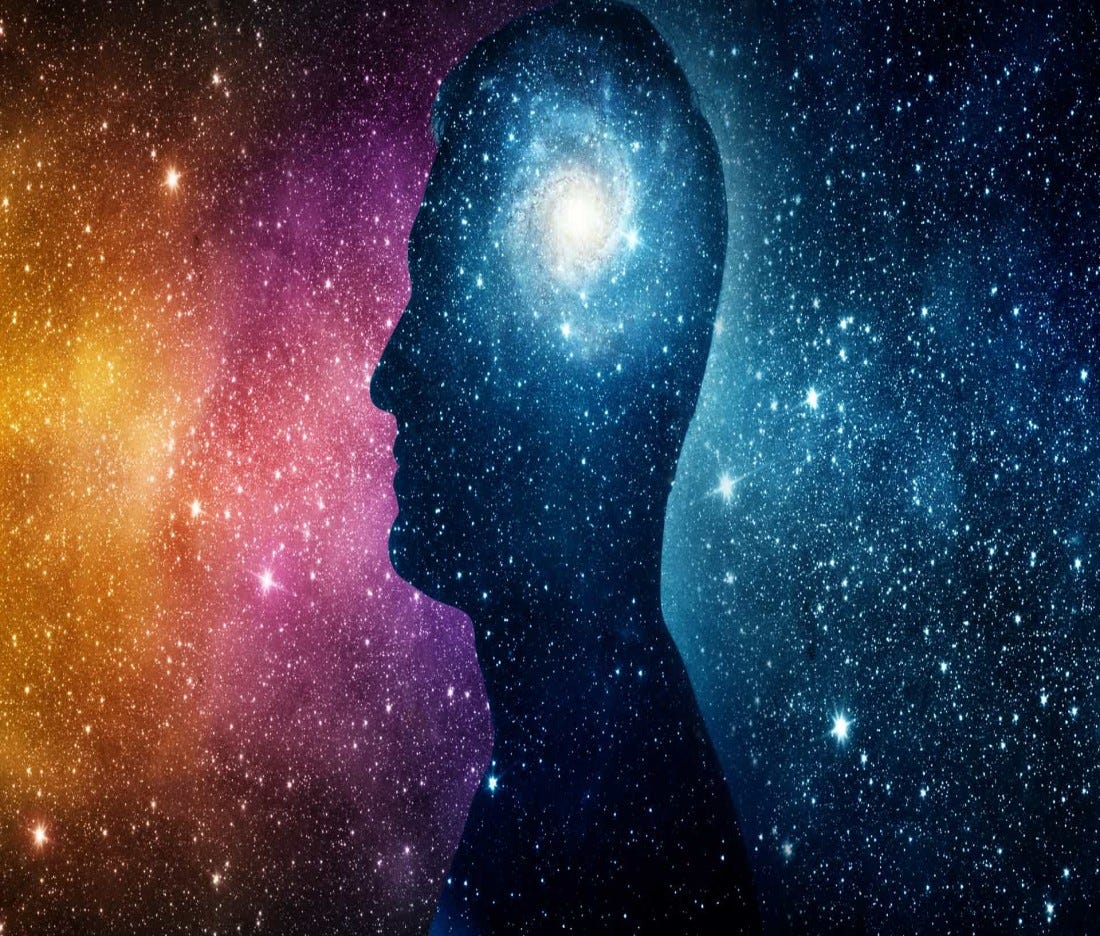
Lessons learned and takeaways.
1- The Danger of Self-Identifying with a Singular Role
When we build the very essence of who we are, on what we do, what we look like, and who our social connections are, we set ourselves up for despair once that aspect is lost. Be it through retirement, old age, or losing people dear to us.
It is through diversification that one sense of value and self-identity can thrive in an ever-changing landscape. One could do so through introspection, indulging in passions, unique relationships, and so much more. I do wonder, though, are we greater than the sum of these diverse parts? If so, what could we be? What truly defines our whole?
2- The Importance of Reflection and Self-Discovery
The sad thing about Gregor, in my opinion, had so much more potential to do much with his life, hardworking, agreeable, maybe too much for his own good, and his valuation of his family. You see, Gregor never paused to inquire why he worked so hard, beyond providing for his family, how did it aligned with his life vision and values? It can’t be questioned that some things are a necessity to consider, like familial responsibilities, but doing so because we have to, ought to, and must, can cultivate a feeling of being trapped, without much choice, and that’s not the true, why behind why we do what we do. But how does one discover the purpose behind our existence? If most people go on to live without, should we spare the time to reflect on that question?
3- The Power of Adaptation
Mr. Samsa, and I don’t think he can be blamed by most, saw his transformation as the end of all things. It is without a doubt that his situation was as dire as can be, but is thinking in that direction beneficial to him in any way? I don’t advocate for false positivity; negativity has a place in this world, and is a natural occurrence that can be a stepping stone toward a realistic, balanced outlook. It’s about what he could’ve done after the initial shock was over. While Kafka didn’t specify how long Gregor remained as a bug, I believe the book references how different time flows when we live in a repetitive thought-feel-action cycle. But the question remains unanswered: what could’ve made the difference for Gregor between lying in despair and seeking renewal? What could’ve helped him find a will to meaning in his new form?
4- Social Connection as a Lifeline
Beyond his ungrateful family, Gregor had no social support; without friends and strong acquaintances, he was left on his own, and his troubling thoughts only fed the existential crisis he was having. Of course, one could argue that he couldn’t communicate while in an insect form, be it because of his intangible voice or inability to hold a pen with his tiny, numerous legs, but that is not the driver behind the point that is being conveyed. You see, Gregor’s choices and lifestyle before his metamorphosis were similar to his later state; he chose isolation and reduced himself to a working machine. His transformation was simply a confirmation that was set by his former lifestyle. Social connections can do wonders beyond a good time. They create a sense of belonging in this lonely world. Valuable relationships can support us in our suffering and propel us forward to achieve goals and aspirations. Would a good friend truly have changed Gregor’s attitude towards life? Would a good friend accept Gregor’s new form and help him rise above it?
5- The Illogic of Self-Sacrifice
For one to believe his life is less than that of others, that it is his moral duty to serve them, that he must give till he can’t anymore, is the very perception by Mr. Samsa that led to his ruin. Be it his demanding boss or ungrateful family or maybe his inner voice, all were a driver and a motivator to trade in his earnings for their benefit, to base his very existence on the act. Unfortunately, given the circumstances, both were living in poverty and having such company surround him, Gregor could’ve still questioned his role and purpose and considered what he wants and aspires to become. To add to that, his transformation only exposed the illogic in his thinking and how his family perceived him, a financial provider rather than who he was as a person. Which begs the question, if Gregor had followed Ayn Rand’s concept of rational self-interest and explored his ambitions? Could that have been his salvation? The contrast between both rational self-interest and sacrifice can be blurry, and faces the strong opposition of pressures and the conditioning of society.
Final Reflection & Conclusion
The Metamorphosis by Kafka conveys Gregor’s interesting and intriguing journey, a man transformed into an insect, and reflects on numerous concepts and themes. Be it a warning about the risks of self-definition that are too narrow, of ignoring personal fulfillment, and of not adapting to the inevitable changes of life. Gregor’s dismal destiny illustrates the importance of self-discovery, boundary definition, and a balance between responsibility and personal fulfillment. Had Gregor sought meaning beyond his profession and engaged with the world on a more holistic plane, his transformation could have been less a death sentence than an obstacle to be surmounted. His story finally prompts us to look at our own identities, question societal expectations, and cultivate resilience in the face of the forces of change.
-Yazeed Almahi
